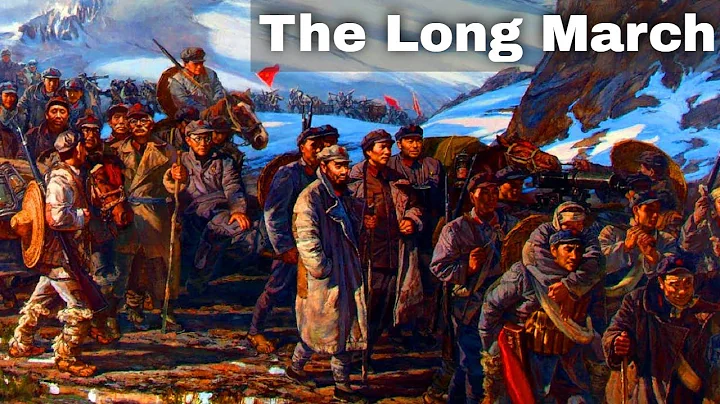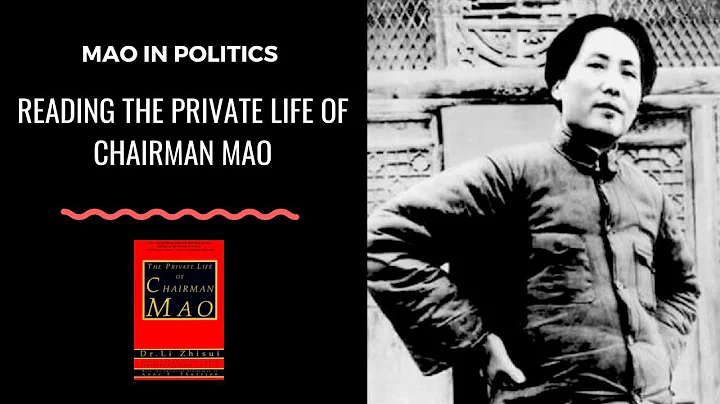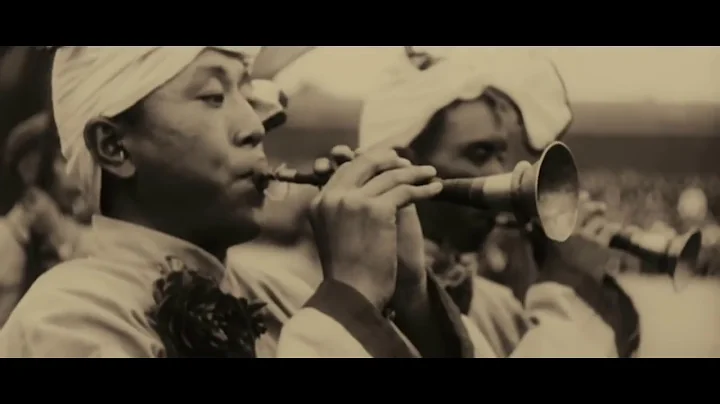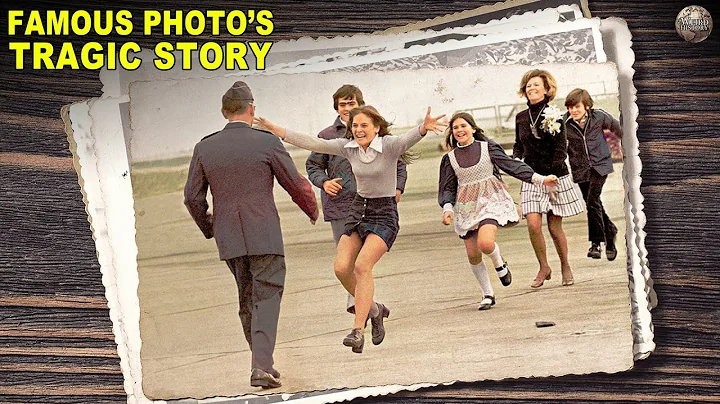In 1965, at a meeting of the Central Committee, Chairman Mao met a founding lieutenant general and asked him kindly if he had ever returned to his hometown. The founding lieutenant general replied truthfully that the war preparations on the front line in Fujian were too intense and there was no time to go back.
Chairman Mao said to him very seriously, as time is limited, I will go, you go back and have a look, and write a report to me when you come back. Who is this founding lieutenant general? Where is his hometown? Why was Chairman Mao so concerned about his return to his hometown?

His name is Liu Peishan, a native of Chaling, Hunan. In 1927, Liu Peishan, who was only 15 years old, joined the Farmers Association in his hometown and served as squadron leader. Despite his young age, he often leads the charge when fighting against local tyrants and landlords. Why is Liu Peishan so brave?
Chairman Mao gave him strength. The Autumn Harvest Uprising led by Chairman Mao had a great influence on Liu Peishan. He believed that the Communist Party serves workers and poor farmers, and only by participating in the revolution can he have a way out. Liu Peishan embarked on the revolutionary road under the influence of Chairman Mao.
In 1929, Liu Peishan officially joined the Red Army, joined the Party with honor, and served as the political instructor of the independent regiment company of the Red Army in Chaling County. He was not under the direct command of Chairman Mao, but joined the Sixth Red Army Corps in the Hunan-Jiangsu Soviet Area.
After the Sixth Red Army's Long March , Liu Peishan stayed in the Soviet area and persisted in the guerrilla war for three years. Those years were very difficult. I couldn't eat for several days. I used the sky as a house and the ground as a bed, and used wild vegetables and fruits as solid food. I lived a life like a savage.
Chen Hongshi, the political commissar of the Hunan-Jiangxi Military Region, rebelled again, and wanted to drag Liu Peishan to rebel with him. Liu Peishan said righteously, my head can be cut off, and my blood can be shed. I am a revolutionary when alive, and a ghost of the revolution when I die. I will never be a traitor.
After the Anti-Japanese War broke out, Liu Peishan's unit was reorganized into the Second Regiment of the First Detachment of the New Fourth Army. Liu Peishan served as the deputy commander. From then on, he followed Chen Yi to fight in the East China battlefield and served as the political commissar of the 10th Column of the East China Field Army. He was the leader of Song Dynasty. partner.

(Chairman Mao returned to Jinggangshan)
In the late period of the Liberation War, Liu Peishan followed Ye Fei's 10th Corps into Fujian. He served as the director of the Political Department of the Corps and the Director of the Political Department of the Fujian Military Region. After the establishment of the Fuzhou Military Region, Liu Peishan served as the second political commissar and became a good partner of Ye Fei and Han Xianchu .
In 1955, Liu Peishan was awarded the founding lieutenant general. After decades of military service, Liu Peishan had no time to return to his hometown. Chaling is located at the foot of Jinggang Mountain, where Chairman Mao once established the first county-level workers, peasants and soldiers government.
He is very affectionate towards Chaling and is also very concerned about the production and construction situation of the people in the old area. In 1965, Chairman Mao returned to Jinggangshan and passed through Chaling County, where he stayed one night. Chairman Mao knew that Liu Peishan was from Chaling, so he specifically asked him to go back to Chaling to have a look, conduct research and write a report.
Even Chairman Mao went to Chaling despite his busy schedule. As a Chaling native like Liu Peishan, what reason did he have not to go back and have a look? Following Chairman Mao's instructions, Liu Peishan soon returned to his hometown of Chaling after an absence of 27 years.
In his hometown of Mengtian Village, Liu Peishan visited the villagers one by one, expressed condolences to the martyrs of the Red Army, visited the surviving old comrades, and also reported the opinions and demands of the masses to the county party committee, and put forward his views and suggestions candidly. This is to do good things for the people in my hometown and the people in the old district.

(Wang Bicheng, second from left, Liu Peishan, fourth from left)
Liu Peishan also solved an old Red Army problem. There was a man named Tan Dongzi in the village who worked as a guard for Tan Yubao, who was also the chairman of the Military and Political Committee of Hunan and Jiangxi Provinces during the three-year guerrilla war. Unfortunately, he was blinded by a thorn during the guerrilla war.
Later, Tan Dongzi returned home to work in farming. As expected of an old Red Army soldier, his family did well in agricultural production. Sometimes they even used their own cattle to help other people plow their land, and of course they had to receive some compensation. However, the deputy magistrate of Chaling County said that he was engaging in class exploitation.
Liu Peishan went to visit Tan Dongzai. Knowing that his eyesight was bad, he specially gave him a lantern and personally took him to the deputy county magistrate. He said that Tan Dongzai was an old Red Army soldier and had made contributions to the revolution. After suffering a lot, even Mr. Chen remembered him and said that if he were still here, he would at least be treated at the county level.
Liu Peishan asked the deputy county magistrate to take good care of Tan Dongzai. After returning to Fuzhou, Liu Peishan wrote a report on his trip to Chaling and gave it to Chairman Mao. He truthfully reflected the actual situation in the countryside. Liu Peishan passed away in 1968 at the age of 56.
That year, when Chairman Mao met with cadres at regiment level and above from six major military regions including Fuzhou Military Region, he specially called Liu Peishan’s widow Zuo Ying to the rostrum and was the first to receive her. Chairman Mao also took a group photo with Zuo Ying to express his cordial condolences.
Chairman Mao is very affectionate towards the old Red Army and old comrades-in-arms.





















![The Hong Konger: Jimmy Lai's Extraordinary Struggle for Freedom [Chinese Traditional Subtitles] - DayDayNews](https://i.ytimg.com/vi/NwwxNDP2Fss/hq720.jpg?sqp=-oaymwEcCNAFEJQDSFXyq4qpAw4IARUAAIhCGAFwAcABBg==&rs=AOn4CLCph_WsepgL2zk6AhZRt0Co7uktTw)